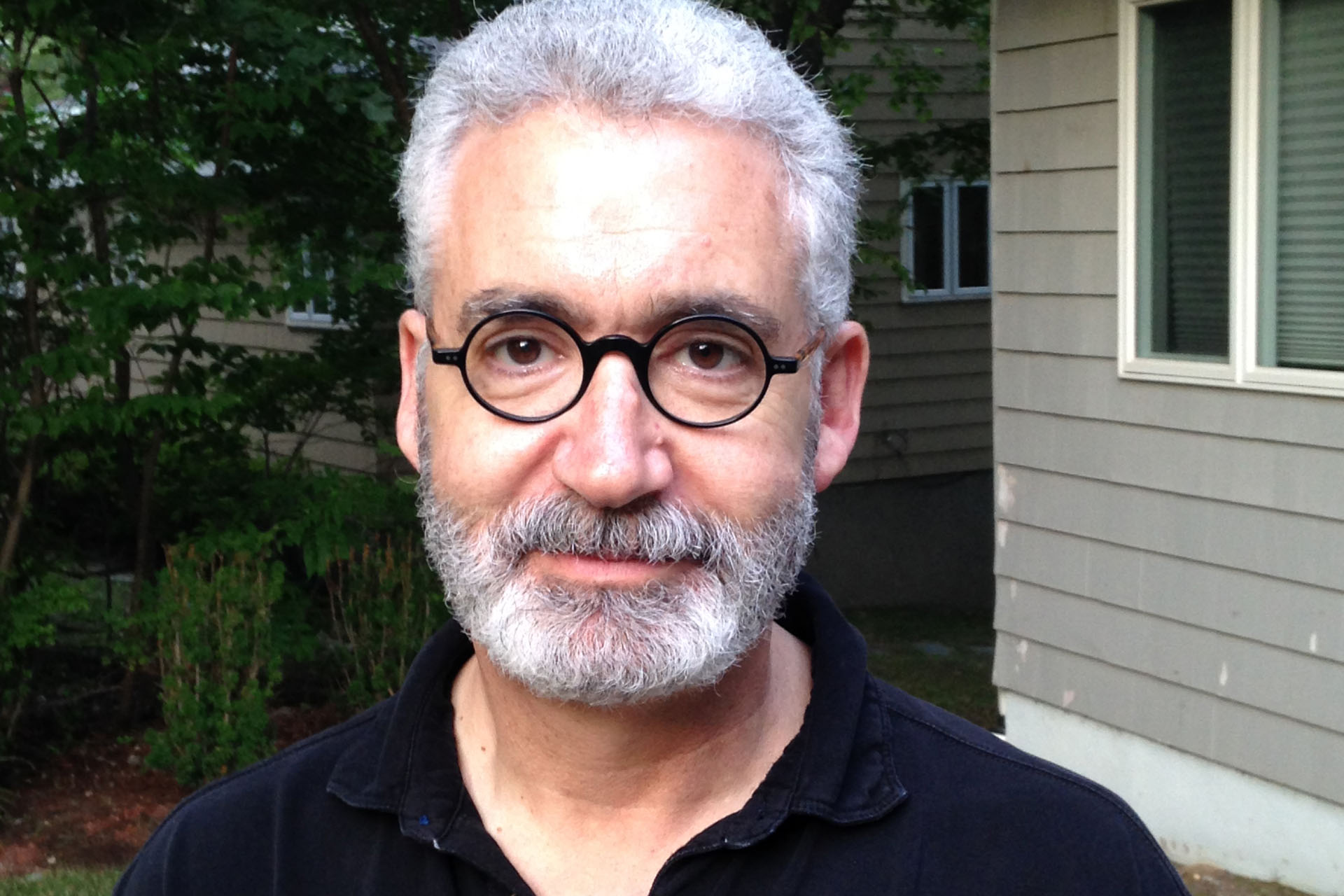Fountain Pen
Mine is a Pelikan. Made in Germany.
The apotheosis of fountain pen engineering.
Gold nib. Fluted body. Expensive. A real
attention getter. Bath time, a good cleaning
behind that nib, and a gentle pat dry. I love
its sucking sound at feeding time. And the
inks- Tender Purple, Inspired Blue, Perle Noir,
perfect for blackmailing an ex-girlfriend or two.
I use my Pelikan to write congratulation notes
to my friend’s children on their weddings. And
for Valentine cards to my mother. She’s hurt
if I don’t. Once to apologize for my behavior
at a party.
Doctor Faustus signed on the bottom line with
his Pelikan, trading his soul to keep his pen.
Einstein started with a Waterman, switching
to a Pelikan, figured out time and space.
The Barbershops in My Neighborhood
have names like El Pincha, and Fama.
The barbers are from Puerto Rico, the
Dominican Republic, and El Salvador.
Summer days they sit outside, and I
greet them with La vida no es facile,
or Como amaneciste? My accent is
good. My ex-wife is from Colombia.
Sometimes I smile and we continue.
Or I get a look move on. Sometimes
I ask for a business card or I’m handed
one spontaneously. Though invited to
return by a barber or two, I have never gone.
The customers inside look at me ferociously.
A white man co-opting Hispanic space.
Along Cartesian Lines: A Three Axis Coordinate System Approach to Poetry
Let the x-axis represent the range
of human emotion. Moving
negatively from the center, the great
voices of Melancholy: Poe, Baudelaire,
Shelley, and Sexton. Lesser poets use
melancholy like the great hippopotamus,
mud, to protect their backsides. Moving
positively-happiness. Never a great muse.
The y-axis runs body to spirit. Downward:
Sonnets of sexual innocence, pantoums
of passion. Transience, death, and disease.
Upward, the lyric works of ecstasy. Rumi,
Wordsworth, Blake, and the Psalms.
Whitman moved up and down the y-axis
like a barometer in hurricane season.
Z, is “consciousness.” The anxious beauty of
Auden, and Elliot. And contemporaries who
cast their readers adrift on a self-referential,
calico sea.
Matthew Sisson’s poetry has appeared in journals ranging from the Harvard Review Online, to JAMA The Journal of the American Medical Association. He has been nominated for a Pushcart Prize, and read his work on NPR’s “On Point.” His First book, Please, Call Me Moby, was published by the Pecan Grove Press, St. Mary’s University, San Antonio, Texas.





